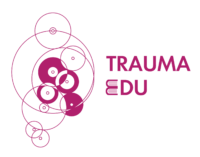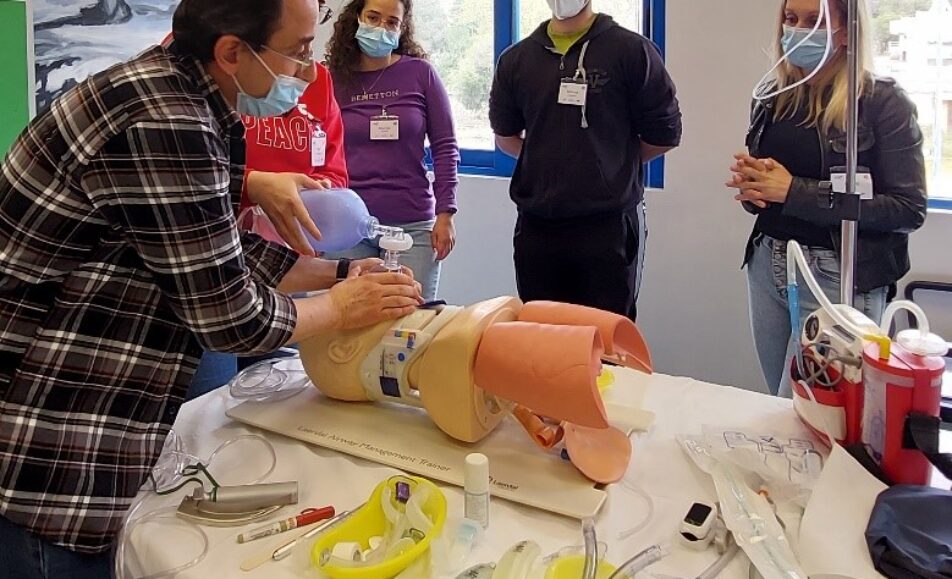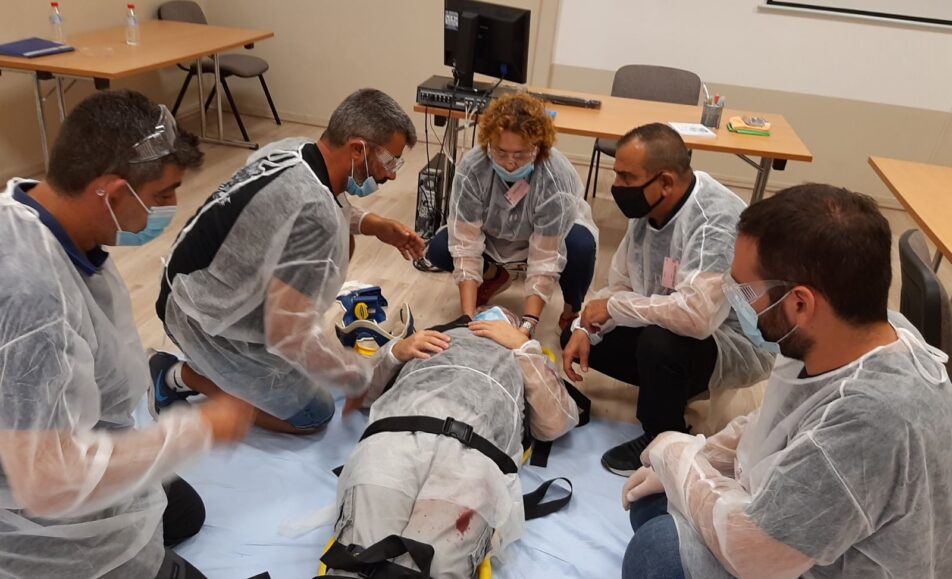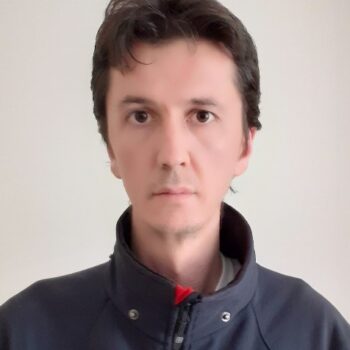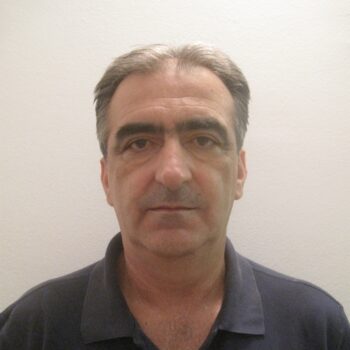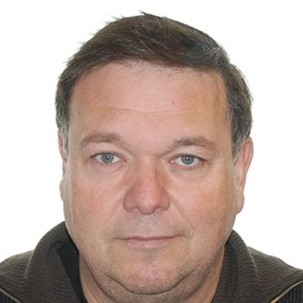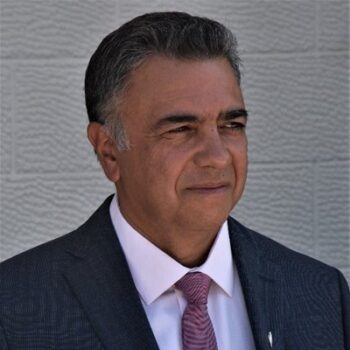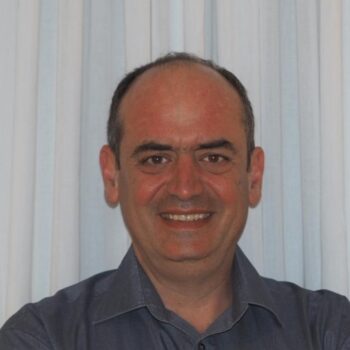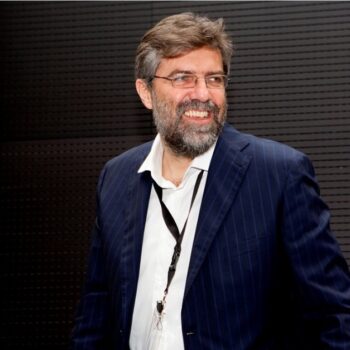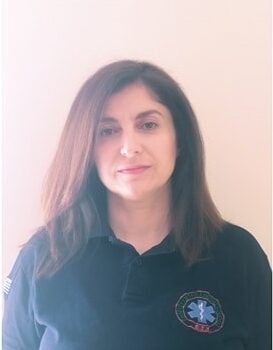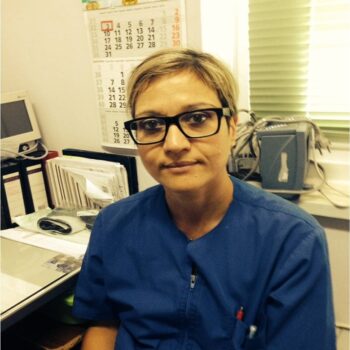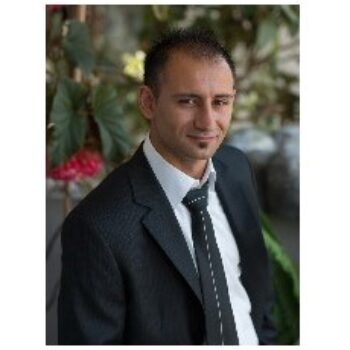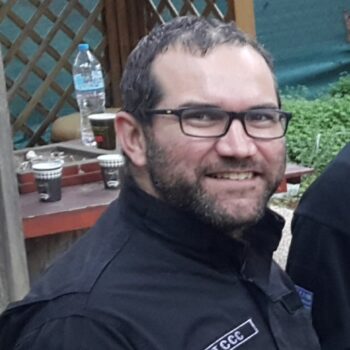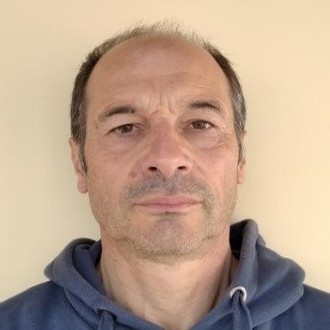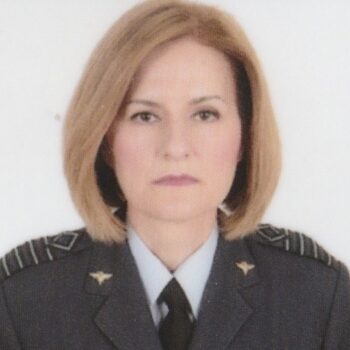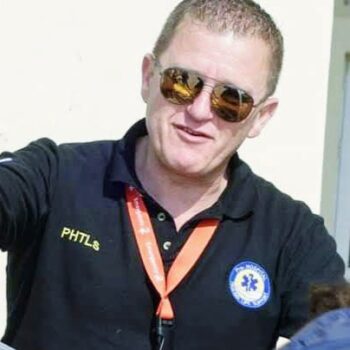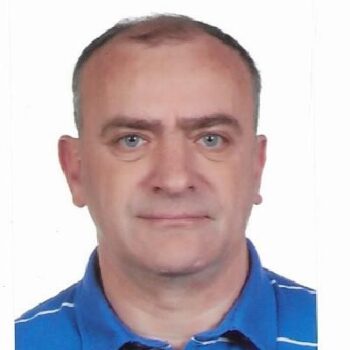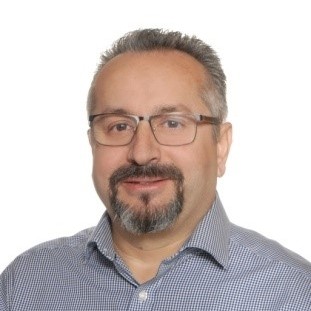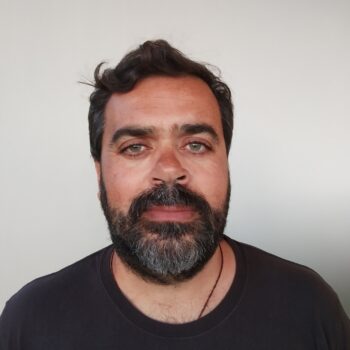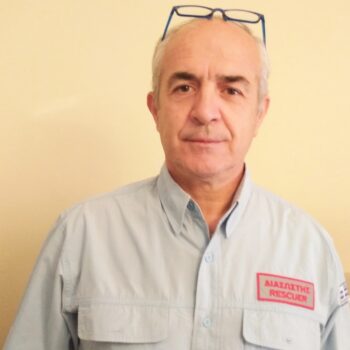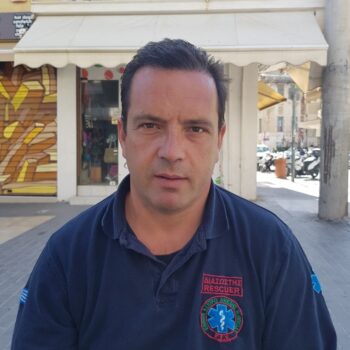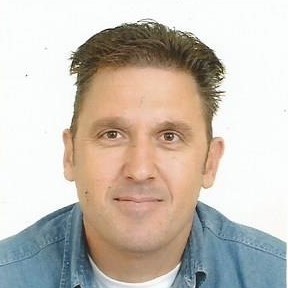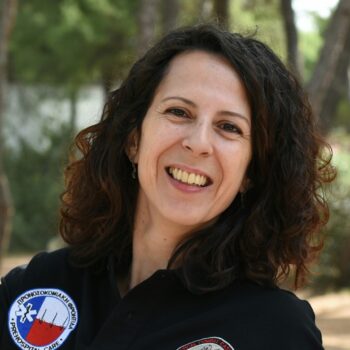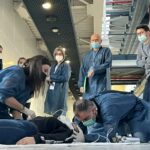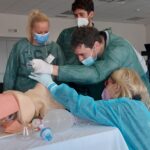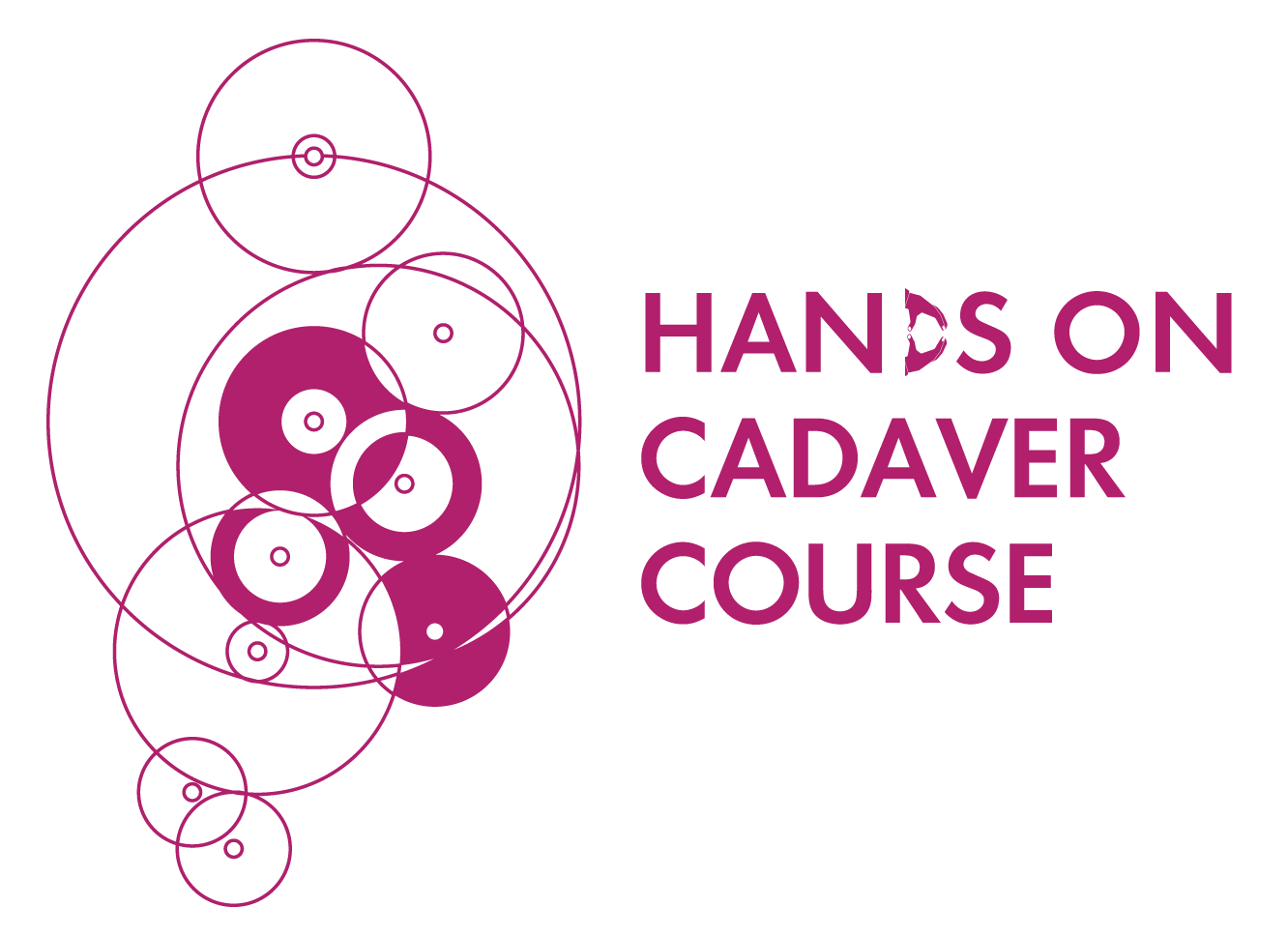Prehospital Trauma Life Support
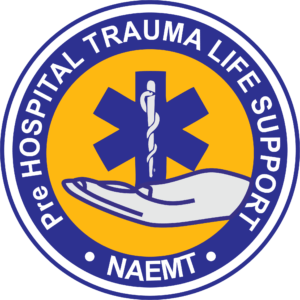
Context - Historical review
The treatment of the injured in the pre-hospital area concerns health systems worldwide.
The Prehospital Trauma Life Support (PHTLS) training program is an intensive prehospital trauma course.
Present in 69 countries, it is the most recognizable continuing education program worldwide and has around 11,000 certified trainers and around 700,000 certified trained health professionals worldwide.
The aim of the PHTLS is to train all healthcare professionals active in the pre-hospital area and supporting the severe multi injured patient from the moment of injury, through treatment at the scene, management during transport and comprehensive handover to the trauma team of Emergency Department.
The goal of PHTLS is to reduce predictable wrongful death and disability from trauma. Applying the right pre-hospital care can often make the difference between life and death, between temporary, severe, or permanent disability and a life full of productivity and well-being.
The National Association of Emergency Medical Technicians (NAEMT) has designed and implemented PHTLS since 1983, in collaboration with the American College of Surgeons (ACS) and is the brainchild of the successful Advanced Trauma Life Support (ATLS) program. which trains mainly medical staff to deal with the injured in health units.
The content of the program is determined by a special scientific committee of NAEMT and ACS, combines all the latest scientific data, modifies the curriculum every four years so that it is adapted to the latest scientific data, publishes a new textbook that includes all the updated material and monitors the implementation of the program around the world.
In Greece, the usefulness of the educational program was first recognized by the Professor of Surgery of the Medical School of the University of Patras, Mr. I. Androulakis, through whose actions the program came to our country in 1998 and with the help of partners it was spread in Greece and Cyprus. In Greece, 211 high-quality training programs have already been implemented, with 4,773 certified trainees and 128 active certified trainers.
PHTLS is implemented in accordance with Law 4655/2020 (Government Gazette 16/A31-1-2020) as amended by Law 4702/2020 (Government Gazette 130/A3-7-2020) with an exclusive donation from the Stavros Niarchos Foundation (SNF) in a five-year pilot phase. Collaborating bodies are the National and Kapodistrian University of Athens (NKUA), the Society of Health Units (AEMY SA), the Ministry of Health, Prehospital Care as the scientifically responsible body of NAEMT in Greece (National Coordinating Organization – NCO) and Regeneration & Progress (R&P), which has been appointed responsible for the financial management and technical supervision of these programs. After the five years have passed, the financial support continues with resources from the Ministry of Health.
About the seminar
According to Law 4655/2020 (Government Gazette 16/A31-1-2020), as amended by Law 4702/2020 (Government Gazette 130/A3-7-2020), the PHTLS seminar is addressed to active paramedics-doctors, nurses who are employed as ambulance crew and serve in the Emergency Department and in Health Centers, as well as postgraduate students of collaborating Postgraduate Study Programs, related to the subject of trauma. A necessary condition for participation is that doctors and nurses present a valid certificate of successful completion of the ATLS and ATCN program, respectively.
Participation in the PHTLS certified training of health professionals is a reference point, under the visual approach of perfect receipt and recording of the necessary characteristics, for the benefit of the sever multi injured patient. At the same time, a common language of communication and treatment of the critically ill injured is being developed.
PHTLS integrates theoretical knowledge, which is continuously based on the latest scientific data, as well as the development of technical skills with the aim of systematic training on a specific protocol for dealing with the critically ill injured, which includes:
- The safe approach to the incident area
- The quick and reliable primary assessment of the injured and, when required, his emergency extrication
- The recognition of life-threatening situations, such as hypoxemia, shock, etc. and their treatment
- Knowledge of the correct immobilization of the injured
- The performance of a full secondary assessment and his quick and safe transfer to the nearest and most appropriate health facility.
PHTLS values are coded as Treat as You Go, i.e. dealing with threats to life while transporting the casualty, which ideally combines the Scoop and Run and Stay and Play approaches applied in the past.
The educational process, lasting 16 hours, aims to continuously upgrade the health services offered to the seriously ill and includes the following thematic sections:
- Physiology of life and death
- Kinematics of the wound
- Incident scene assessment and management
- Assessment and management of the injured
- Airway, oxygenation and ventilation management
- Treatment of external and internal bleeding
- Dealing with special situations
- Immobilization and transport
Conditions - Justifications
For employees, active rescuers, doctors, nurses who are employed as ambulance crew and serve in the EMS:
- Photo (ID card type).
- Work Certificate dated within the last semester, which is issued by the Personnel Department of the branch where the employee serves upon his application.
For employees, active rescuers, doctors*, nurses** who are employed as ambulance crew and serve in Primary Health Care structures (Health Centers):
- Photo (ID card type).
- Work Certificate dated within the last semester, indicating the PPH structure in which the interested party works.
- Alternatively, a responsible statement from the director of the PPH structure dated within the last semester that confirms the specialty of the person concerned, as well as that they belong to ambulance crew.
* Physicians wishing to participate in the PHTLS training program must also present a valid (within the last 4 years) certificate of successful completion of the Advanced Trauma Life Support/ATLS program
** Nurses wishing to participate in the PHTLS training program must also present a valid (within the last 4 years) certificate of successful completion of the Advanced Trauma Care for Nurses/ATCN program
For the graduate students of the cooperating Master’s Degree Programs
- Photo (ID card type).
- Certificate of studies from the MDP secretariat
3. Copy of valid ATLS / ATCN certificate
Cancellation Policy
Seat Cancellation and Symbolic Subscription Refunds can be made up to 60 days before the start date of the seminar and as long as the book has not been received by the trainee.
Seminars
The following are the planned training seminars. Please select a seminar to VISIT to the relevant page with detailed information about the specific seminar.
